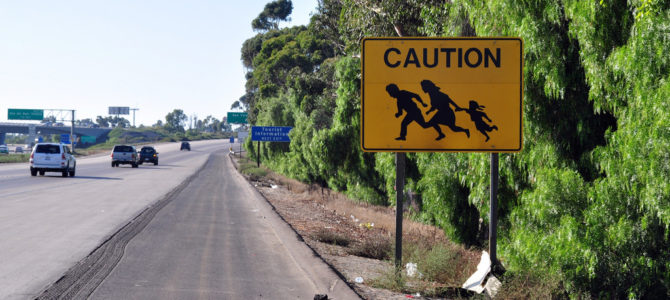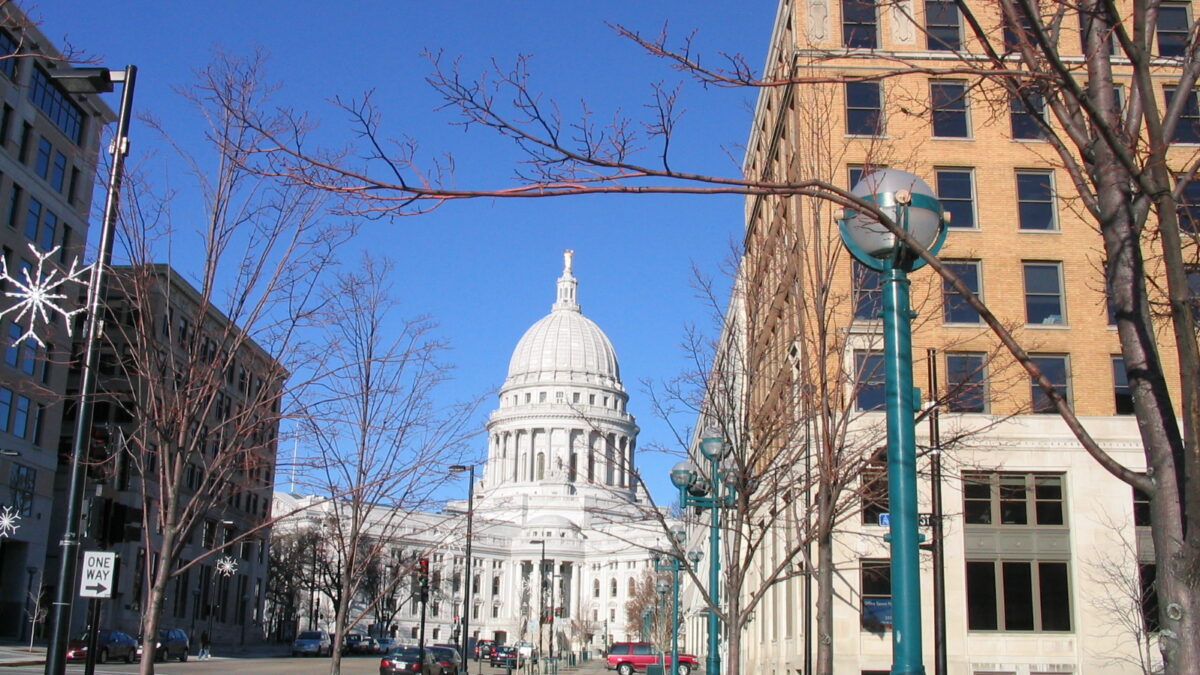
Deferred Action for Childhood Arrivals (herein DACA) is a program President Obama initiated with a executive order in June 2012. It allows children who entered the United States illegally before 2007 to obtain two-year work permits in perpetuity. It does not provide a path for citizenships nor welfare privileges. It only makes it possible for these children who are now young adults to be able to become productive members of our society. Currently approximately 800,000 people are enrolled in the program, which pays for itself via its own application fees.
Politico reported on September 4 that President Trump is delaying a decision on whether he will rescind DACA. He is giving Congress six months to find a legislative solution. House Speaker Paul Ryan and others say it is Congress’ responsibility to fix the situation.
Archbishop Charles J. Chaput of Philadelphia said, “The White House has the power to end DACA… This would be a drastic mistake… It can only make our complicated immigration issues worse. It will poison our national debates and damage the lives of hundreds of thousands of young people who pose no threat to anyone.”
Those pushing President Trump to terminate the policy and deport those enrolled raise legitimate claims: It was done via executive order with no congressional grant of authority, and Congress is the government branch responsible for making immigration laws; it sends the world a message that there are no consequences for entering the United States illegally—that amnesty is always possible, that our country’s immigration laws are not faithfully executed, which is a magnet for continuous illegal immigration for minors and their families.
Between 2010 and 2014 the number of unaccompanied children crossing the United States-Mexico border tripled. Most came from Central America. There was another surge in 2016 in a panic to get over the border before Trump enforced the laws more rigorously.
This Is Not Just an Immigration Problem
The children fleeing Central America, especially the countries of El Salvador, Guatemala, and Honduras, are trying to escape violence and brutal gangs that target children for sex and drugs. Some of these children were left behind with a grandparent when they were small while the parents came here illegally. After they get to a particular age they are then sent north in hopes of being reunited with their family. Parents and grandparents pay traffickers thousands of dollars to get these children across the border.
Illegal immigration from Mexico and South and Central America is a real national problem—and it is divisive. We talk about our “broken” immigration system and say it needs to be fixed. The two major political parties are involved in a perpetual tug-of-war over immigration, legal and illegal. But this is not just a policy problem, and it is so much more than weak enforcement of immigration laws, or bleeding hearts who want to fling wide our national borders.
Fundamentally this is a human problem—a human social problem which cannot be fixed by immigration and border control policy alone. The policy decisions matter, but they cannot stand on their own; they must be part of a holistic solution.
These Are Other Countries’ Problems Migrating Here
In an essay on the Middle Eastern refugee crisis a while back, I said that, “Immigration and foreign policy form a double helix. There is no such thing as an immigration policy without a commensurate foreign dimension, and no foreign policy without an attendant and robust immigration dimension. They are objectively tethered.” For too long there has been a disconnect.
One of the first things that comes out of the mouth of an immigrant—whether he is legal or illegal—is that “there is no future” for him in the country of his origin. What does it say about our world that so many people find themselves in countries where they have no hope or future to look toward? How do we help such people? Do we have a duty to help them? What would be helpful and what would only make things worse?
The answers to these questions are complex because we are talking about human persons, individuals who are more than just working, eating and sleeping bodies. An attitude of “That’s their problem; we can’t be the police men of the world” serves no one. We do have a duty to help our fellow man, but we must do so prudently.
The answers to the questions I raised above will require creative thinking and the willingness to hold in tension ideas that may on the surface look contradictory. We eat an elephant one bite at a time, or so the saying goes. So let’s begin with the issue at hand: DACA.
DACA should stay. Chaput is right—deporting these people at this time in our national life would be poisonous to our civil discourse. Acts of compassion tend to bring a measure of healing to a frayed society. A legislative way should be found (get on it, Congress!) for those already enrolled and gainfully employed (no new enrollments!) to become legal residents with ability to work and live securely, but no citizenship. We must hold the tension between compassion and deterrence so others do not follow suit.
In “The Conservative Heart” Arthur Brooks writes, “work, not money, is the fundamental source of our dignity. Work is where we build character. Work is where we create value with our lives and lift up our own souls. Work, properly understood, is the sacred practice of offering up our talents for the service of others.” So let them stay, and let them work. And let us work together swiftly to find creative answers to the questions I posed above, the questions at the heart of these issues.









